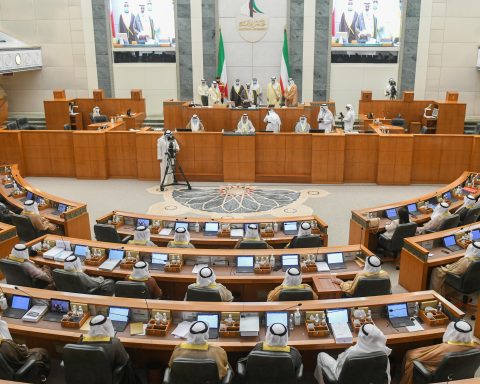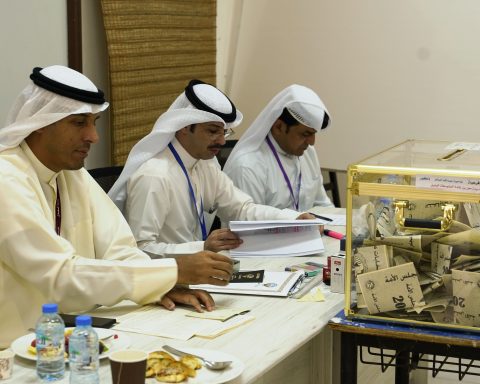Rating agency Standard & Poor’s (S&P) Global Ratings downgraded Kuwait’s rating by one notch on the ground of the Gulf country’s lack of a funding strategy to fund its deficit. The news was announced on Friday through a statement issued by the agency.
According to the statement, Kuwait’s rating was downgraded from AA- to A+ and the agency kept the Gulf state’s outlook as negative. The statement noted that the cut was derived from the lack of a comprehensive funding strategy in the face of the central government’s ongoing sizeable deficits.
In the statement, it was said, “Due to parliamentary opposition, the government has so far been unable to pass a law giving it the authority to issue debt or gain immediate access to its large stock of accumulated assets.”
Being severely affected by lower oil prices and the economic repercussions of the COVID-19 pandemic last year, Kuwait comes up against liquidity risks since the government could not receive permission from the parliament to borrow due to a standoff.
The agency also estimates that the rate of the government deficits to its gross domestic product would accrue as an average of 17 percent annually between 2021 and 2024. According to S&P’s calculations, the Gulf state also had a central government deficit of 33 percent of its GDP in the last fiscal year that ended in March.
S&P also expressed its expectation that despite the slow pace of reforms, Kuwait would eventually adopt a debt law that would allow its government to borrow or achieve the support of parliamentary opposition in gaining access to funding alternatives.
S&P downgraded the OPEC member state for the second time, following the ones that occurred last year due to lower oil prices.
On the other than, the oil-rich Gulf country is the only example among its neighbors, which give substantial powers to an elected parliament, which could block laws and question ministers. Thus, Kuwait has experienced successive government reshuffles and dissolutions of parliament over the past decades due to frequent disagreements between the cabinet and assembly, which thwarted investment and reforms.














